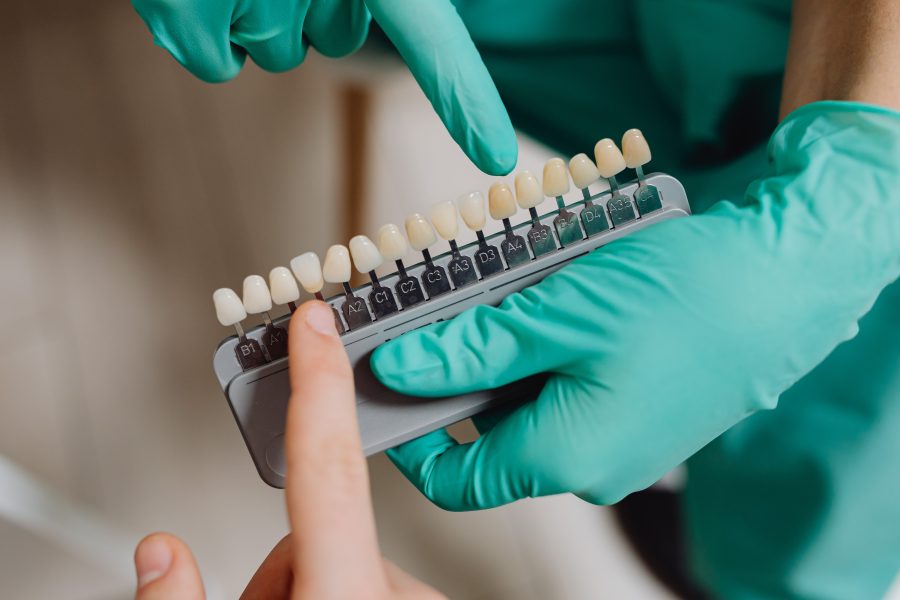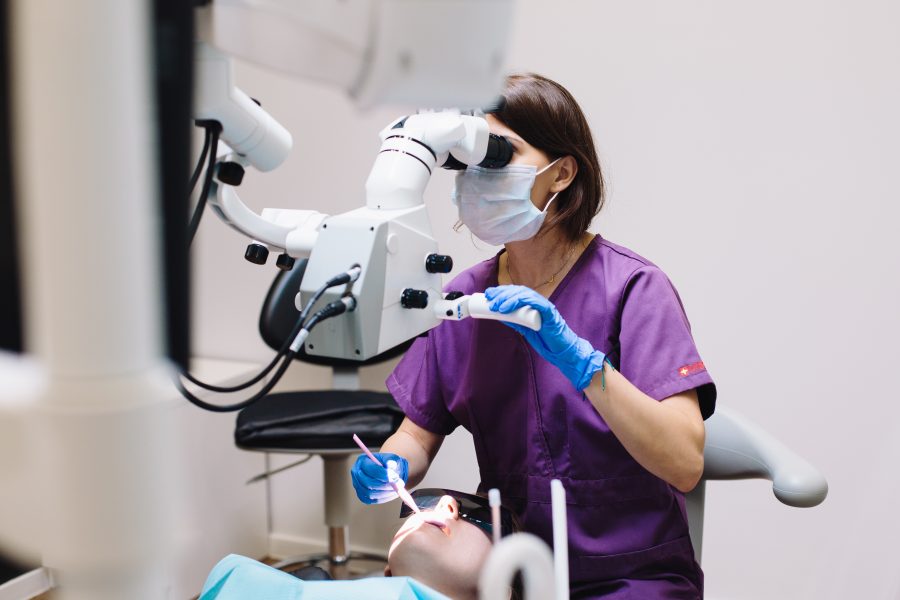Dental implants have revolutionized the field of dentistry, offering a long-lasting and natural-looking solution for missing teeth. Whether you're missing a single tooth or need a full mouth restoration, dental implants can be a viable option.
However, before making a decision, it's important to consider various factors that can impact the success and suitability of dental implants, including full mouth dental implants and all-on-4 implants.

1. Oral Health: Good oral health is crucial for the success of dental implants. Your dentist will evaluate the condition of your gums and jawbone to determine if you're a suitable candidate. If you have gum disease or significant bone loss, additional treatments may be necessary before implant placement.
2. Bone Density: Adequate bone density is essential for the stability of dental implants. During the evaluation process, your dentist will assess the quality and quantity of your jawbone. If there is insufficient bone, bone grafting or alternative implant techniques like all-on-4 may be recommended.
3. Overall Health: Your general health plays a role in the success of dental implant surgery. Certain medical conditions, such as uncontrolled diabetes or immune disorders, can affect healing and implant integration. Your dentist will review your medical history and consult with your healthcare provider to ensure you're in good overall health.
4. Lifestyle and Habits: Consider your lifestyle and habits when contemplating dental implants. Smoking and heavy alcohol consumption can compromise the healing process and increase the risk of implant failure. It's important to disclose these habits to your dentist for proper evaluation and guidance.
5. Treatment Goals: Dental implants offer a versatile solution for tooth replacement. Discuss your treatment goals with your dentist, whether it's replacing a single tooth, multiple teeth, or a full arch. Different implant options, such as all-on-4 implants, may be recommended depending on your specific needs.
6. Long-Term Commitment: Dental implants require a long-term commitment to oral hygiene and regular dental visits. Proper care, including daily brushing and flossing, along with professional cleanings, is essential to maintain the health and longevity of your implants.
7. Cost and Insurance Coverage: Dental implants are an investment in your oral health and quality of life. Consider the cost of the procedure and any potential insurance coverage or financing options available to you. Full mouth dental implants and all-on-4 implants may have different cost considerations, so it's important to discuss these with your dentist.
8. Consultation with a Dental Professional: Ultimately, the best way to determine if dental implants are right for you is through a consultation with a dental professional. They will evaluate your specific case, discuss treatment options, and provide personalized recommendations based on your unique needs and circumstances.
Remember, each individual's situation is different, and what works for one person may not be the best solution for another. By considering these factors and consulting with a dental professional, you can make an informed decision about whether dental implants, including full mouth dental implants or all-on-4 implants, are the right choice for you.


